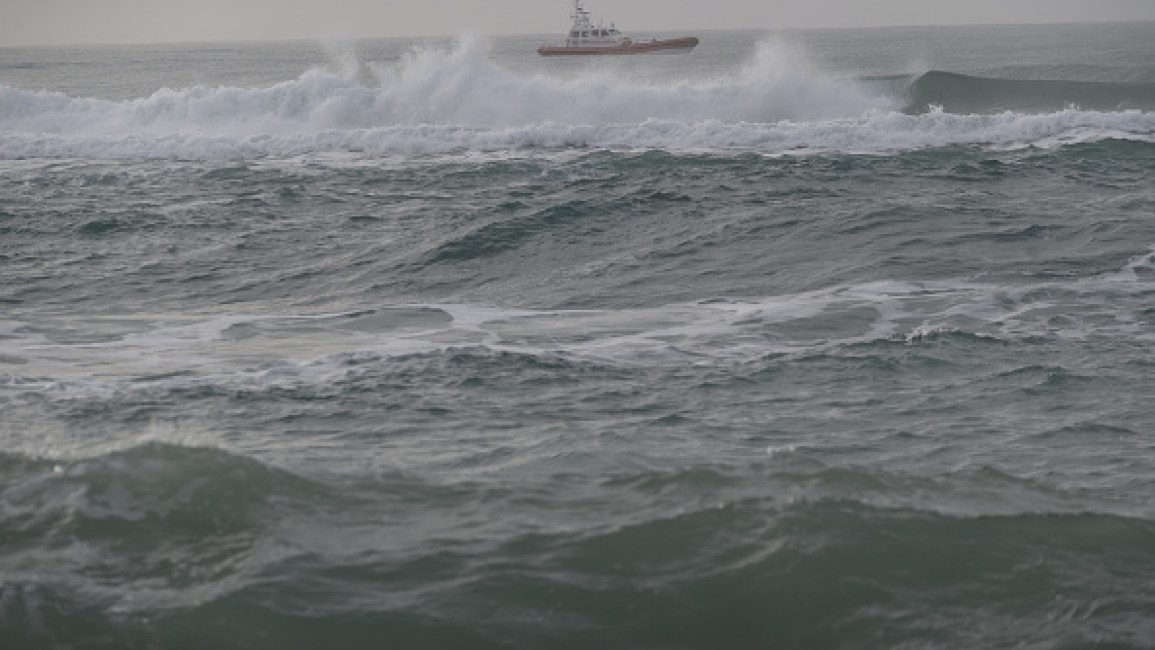Africa
During a wave of racial violence following the president’s address, 14 migrants died off the coast of Tunisia

According to officials in Tunisia, where black migrants have experienced a wave of violence following an incendiary statement by President Kais Saied, 14 people from sub-Saharan Africa perished in the Mediterranean on Thursday.
A representative for the court in charge of the inquiry revealed that the tragedy occurred off the coast of Tunisia’s Sfax province and that the victims were from two sinking migrant boats.
According to the spokeswoman, Faouzi Masmoudi, 11 migrants died in a separate incident on Wednesday, while 20 were rescued after three migrants perished and 34 were saved in one drowning on Tuesday.
In a previous Facebook announcement, the coastguard cited only one boat but claimed to have saved 54 individuals of “diverse sub-Saharan African nationalities” and found 14 dead.
The organisation claimed to have stopped a total of 14 attempts to cross the water and saved 435 migrants overnight from Wednesday to Thursday, practically all of them from African nations south of the Sahara.
After President Kais Saied accused them last month of fueling a crime wave and standing for a “criminal scheme” to alter the demographics of the country, many black migrants in Tunisia have been forced to flee their homes under a wave of racial violence.
Less than 0.2 percent of the population of the North African nation is made up of the 21,000 unauthorised migrants from other African countries.
Many people filed with their embassies for repatriation, largely to West African nations, after hundreds, including children and pregnant women, were left homeless and exposed to the bitter winter weather.
Others have attempted to sail from Tunisia, whose coast is around 130 kilometres (80 miles) from the Italian island of Lampedusa at its closest point, to Europe with unseaworthy vessels.
Along with thousands of Tunisians themselves, the nation has long served as a stepping stone for individuals escaping conflict and poverty elsewhere on the continent in search of a better life in Europe.
READ ALSO: Mozambique will be hit once more by strong storm Freddy
Rome reported in February that more than 32,000 migrants, including 18,000 Tunisians, entered Italy from Tunisia in 2017 and that thousands more had left neighbouring Libya.
The coastguard often intercepts boats transporting migrants in its territorial seas, which is a portion of the world’s most dangerous migration route, and European countries, notably Rome, have pressed Tunis to stop the flow.
The coastguard would continue to fight “gangs involved in organising illegal immigration activities,” a spokeswoman told AFP on Thursday.
Saied backpedals.
Saied had mandated “immediate steps” last month to address irregular migration. Echoing a conspiracy theory favouring the far right in France, he claimed that “hordes” of migrants were fueling a crime epidemic and endangering Tunisia’s demographic make-up.
His remarks triggered a backlash, and civil rights organisations accused him of employing racist and hateful language. Hundreds of migrants were evicted by landlords out of fear of hefty fines and jail terms; many of them are still sleeping on the streets of Tunis today.
Saied, though, asserted that he had friends from Africa on Wednesday and denied being racist. Those who “tried to interpret the speech as they saw appropriate to undermine Tunisia” were criticised for their “malicious words,” according to him.
Saied referred to migrants in Tunisia as “brothers” following a meeting with the president of Guinea-Bissau and ECOWAS chairman Umaro Sissoco Embalo.
He declared that respect for “Tunisian legality respecting foreigners” was the main goal of his speech.
“This scenario involving Africans cannot be regarded as racism, as some have recently done. What topic are they discussing?”
“I am African, and I am glad to be African,” he declared.
Embalo, the current head of the Economic Community of West African States (ECOWAS), stated that Saied’s comments on sub-Saharan migration had been “misinterpreted”.
The African Union has already voiced “deep astonishment and worry” over Saied’s statements, urging member nations to “refrain from racialized hate speech that might bring individuals to danger”.
